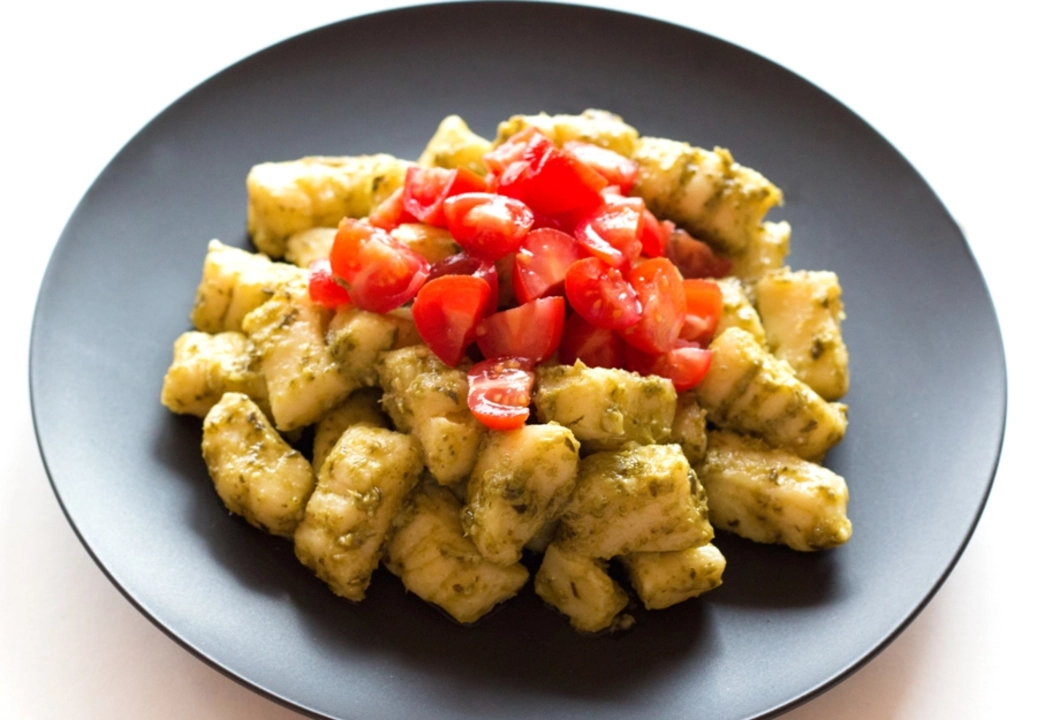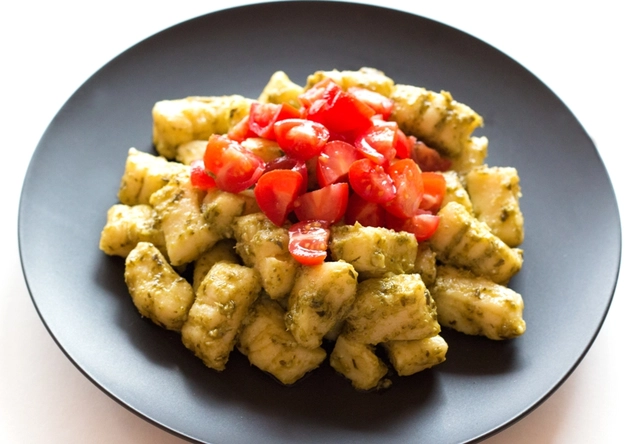Exploring the Benefits of Gluten-Free Ricotta Cheese: A Comprehensive Guide
Gluten-free ricotta cheese is a popular dairy product that has many health benefits. Ricotta cheese is made from whey, the liquid remaining from the cheese-making process. It is high in protein and calcium, low in fat and calories, and a good source of vitamins and minerals. Ricotta cheese can be used in a variety of dishes, from lasagna and cannelloni to desserts. It is also a great addition to smoothies and sauces.
The primary benefit of gluten-free ricotta cheese is that it is naturally gluten-free. Gluten is a protein found in wheat, barley, and rye, and is the primary cause of celiac disease. People with celiac disease need to avoid gluten in their diet, so gluten-free ricotta cheese is a perfect choice. It is also suitable for those on a gluten-free diet for other reasons, such as an intolerance or sensitivity to gluten.
Gluten-free ricotta cheese is also a good source of protein. It contains about 8 grams of protein per serving, which is more than most other cheeses. Protein is important for building and maintaining muscle mass, and is essential for a healthy diet. Ricotta cheese also contains beneficial fatty acids, which help to keep cholesterol levels low.
Ricotta cheese is low in fat and calories, making it an ideal choice for those watching their weight. One serving of ricotta cheese (about one-fourth cup) contains only four grams of fat and 80 calories. It is also a good source of calcium, with about 10 percent of the daily recommended value in one serving. Calcium is important for strong bones and teeth, and a lack of it can lead to osteoporosis.
Ricotta cheese is also a good source of vitamins and minerals, such as vitamin A and phosphorus. Vitamin A helps to keep your eyes healthy and phosphorus is important for strong bones and teeth. Ricotta cheese is also a good source of zinc and iron, two minerals that are important for immunity and energy production.
Finally, ricotta cheese is incredibly versatile and can be used in a variety of dishes. It can be used as a topping for pizzas and baked potatoes, as a spread on sandwiches, and as an ingredient in lasagna and cannelloni. It can also be used in desserts, such as cheesecakes and ice cream. Ricotta cheese can also be used to make smoothies and sauces.
When it comes to finding the best gluten-free ricotta cheese, it’s important to read the labels and make sure the cheese is certified gluten-free. It’s also important to look for ricotta cheese that is made from organic milk and is low in fat and calories. There are many brands of gluten-free ricotta cheese available, so take your time and find the one that is best for you.
Taste Test: Comparing the Top Brands of Gluten-Free Ricotta Cheese
Ricotta cheese is a staple in many Italian dishes, and it's also a delicious addition to other recipes. For those on a gluten-free diet, finding a good ricotta cheese can be a challenge. To make your search easier, we've put together a taste test of the top brands of gluten-free ricotta cheese.
Taste Test: What Did We Look For?
When we tasted the ricotta cheeses, we looked for several key qualities. First, we wanted to see if the texture was right. We wanted the cheeses to be creamy, not crumbly. We also looked for a good flavor that was mild and milky. We wanted the cheeses to have a pleasant, subtle taste, not a sour or bitter one.
The Top Brands of Gluten-Free Ricotta Cheese
We sampled four different brands of gluten-free ricotta cheese. Here's a quick rundown of the brands we tested:
- Organic Valley Ricotta Cheese
- Whole Foods 365 Ricotta Cheese
- Galbani Ricotta Cheese
- Horizon Organic Ricotta Cheese
The Results of the Taste Test
After tasting the ricotta cheeses, we were able to determine which one was the best. The winner was Organic Valley Ricotta Cheese. It was the smoothest, creamiest cheese of the bunch. It had a mild flavor that was not too sharp or sour. We also liked the fact that it was made with organic milk.
The runner-up was Whole Foods 365 Ricotta Cheese. This cheese had a good texture, but it was slightly grainier than Organic Valley. The flavor was also good, but it was a bit more tart than the Organic Valley cheese.
Galbani Ricotta Cheese was third on our list. This cheese had a nice, creamy texture, but it had a more pronounced flavor that was slightly sour. Horizon Organic Ricotta Cheese was fourth on our list. It had a grainy texture and a mild flavor, but it was not as good as the other brands.
How to Choose the Best Gluten-Free Ricotta Cheese for Your Recipes
Ricotta cheese is a staple in many Italian recipes and is often used as an ingredient in lasagna, ravioli, and other dishes. But if you’re following a gluten-free diet, you may be wondering which ricotta cheese is best for your recipes. Here are some tips for choosing the best gluten-free ricotta cheese.
Read the Label
When shopping for gluten-free ricotta cheese, always read the label carefully. Look for the words “gluten-free” or the phrase “certified gluten-free” to ensure that the cheese is truly gluten-free. Some ricotta cheeses may contain trace amounts of gluten, so it’s important to read the label to make sure the cheese you’re buying is safe for those with gluten sensitivities.
Choose an All-Natural Option
Whenever possible, opt for an all-natural ricotta cheese. Many brands have additives and preservatives that can make the cheese less nutritious and flavorful. Look for brands that don’t include fillers, stabilizers, or artificial colors or flavors. Natural ricotta cheese is also more likely to be made with cow’s milk, which may be easier to digest than other types of milk.
Look for Organic
Organic ricotta cheese is a great choice if you’re looking for a gluten-free ricotta cheese that’s free of hormones and antibiotics. Organic ricotta cheese is also made without the use of genetically modified organisms (GMOs). Look for labels that state “organic” or “100% organic” to ensure you’re getting a truly organic product. Organic ricotta cheese may cost more than conventional ricotta cheese, but it’s a great way to ensure that you’re eating a safe and healthy product.
Check the Ingredients
In addition to reading the label and looking for “gluten-free” or “certified gluten-free” labels, it’s also important to read the ingredients list. Some brands of ricotta cheese may contain wheat or wheat by-products, so always check the ingredients list to make sure the cheese you’re buying is truly gluten-free.
Taste Test
Finally, be sure to taste test any ricotta cheese you’re considering using in your recipes. Different brands of ricotta cheese have different flavors and textures, so it’s important to find a cheese that you like. Taste test several brands to find the one that you like the best. If you have access to a store that carries multiple brands of ricotta cheese, you can sample them before you buy.
By following these tips, you can be sure to choose the best gluten-free ricotta cheese for your recipes. Be sure to read the label and ingredients list carefully, opt for an all-natural ricotta cheese, look for organic options, and taste test several brands to find the one you like the best. With a little research, you can find the perfect gluten-free ricotta cheese for your recipes.


